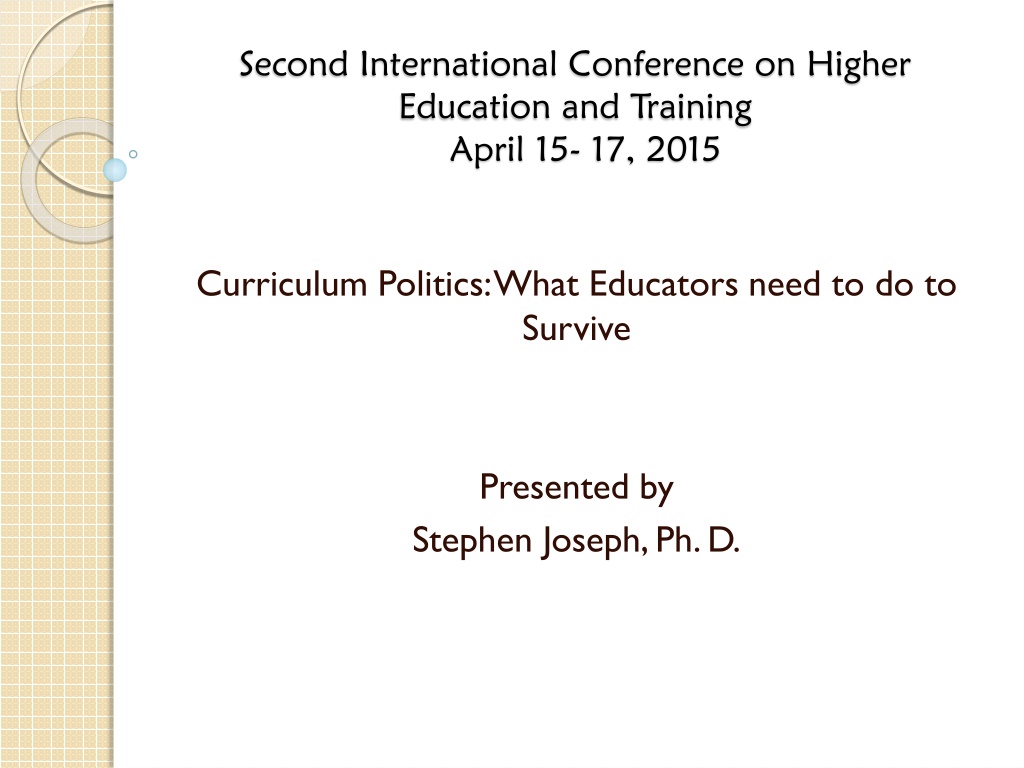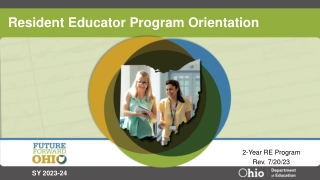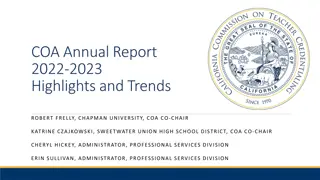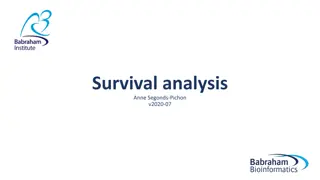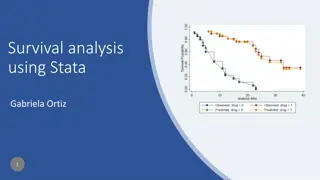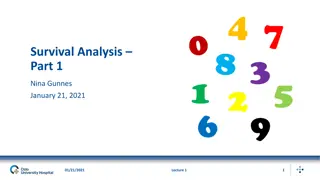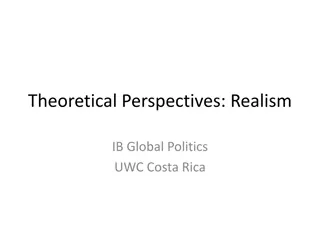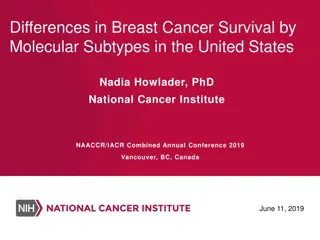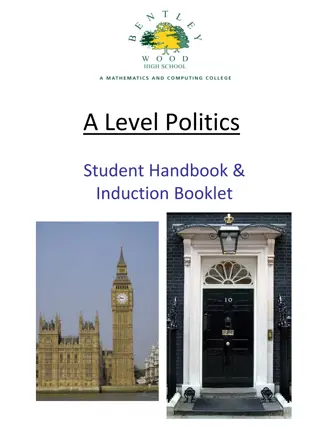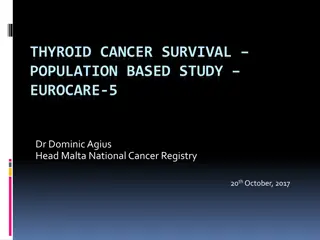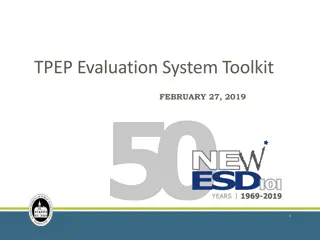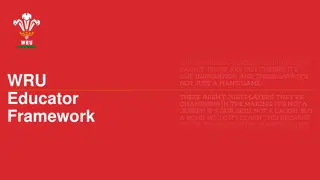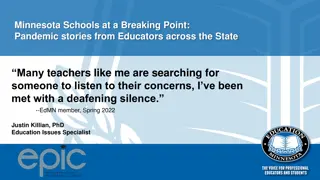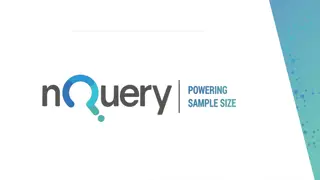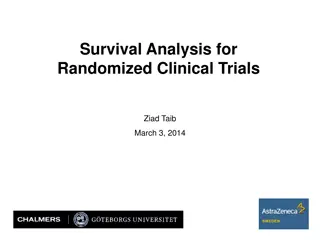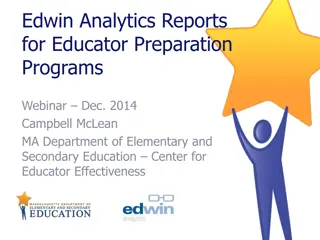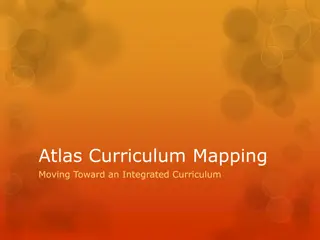Curriculum Politics in Higher Education: Strategies for Educator Survival
Higher education institutions face criticism and pressure to adapt their curriculum to meet national requirements and societal needs. This study delves into curriculum politics, exploring how educators can navigate the complex educational landscape to thrive. Various theoretical frameworks and a conceptual methodology are employed to examine curriculum development in the context of national challenges and aspirations.
Download Presentation

Please find below an Image/Link to download the presentation.
The content on the website is provided AS IS for your information and personal use only. It may not be sold, licensed, or shared on other websites without obtaining consent from the author. Download presentation by click this link. If you encounter any issues during the download, it is possible that the publisher has removed the file from their server.
E N D
Presentation Transcript
Second International Conference on Higher Education and Training April 15- 17, 2015 Curriculum Politics: What Educators need to do to Survive Presented by Stephen Joseph, Ph. D.
Introduction Higher education institutions are criticized: failing to adjust to national requirements producing graduates who cannot be absorbed by the economy producing graduates who cannot adequately perform tasks the nation expects of them Higher education institutions are pressured: to address immediate and long-term sustainable development challenges to encourage entrepreneurial development and awareness among students to embrace the Triple Helix thesis the university plays an enhanced role in development through collaboration with government and industry
Introduction Higher education institutions are challenged to develop curriculum: that meets the requirements of the national economy that meets the needs of society that addresses the future challenges and aspirations of the nation
Theoretical Framework 1. Levin s work on curriculum policy and the politics of what should be learned in schools 2. Lasswell s study on politics 3. Tinder s work on political thinking
Purpose of the Study To examine the concept of curriculum politics in higher education To explore survival strategies for educators operating in a complex political milieu
Methodology a conceptual approach focus on abstract ideas or theories for the purpose of developing new concepts or reinterpreting existing ones
Conceptions of Curriculum, Public Policy & Politics Curriculum is defined broadly as: A plan to guide instruction A written document with content and planned learning experiences A more comprehensive view of curriculum: enacted or taught curriculum experienced curriculum tested and hidden curriculum an arena for social engineering
Conceptions of Curriculum, Public Policy & Politics Public Policy: government action to address a public issue by instituting laws and regulations rules and procedures governing public sector activity education is one such issue addressed by public policy policies shape the structure of higher education as well as curriculum offered Since curriculum is about what is taught, issues surrounding value and quality also become matters of public policy
Conceptions of Curriculum, Public Policy & Politics Politics: the process used to determine how power, wealth, opportunity, status and other social goods are distributed policy decisions are made through political processes politics is not limited to formal processes of government politics includes a wide range of informal influences and larger social processes
Conceptions of Curriculum, Public Policy & Politics Curriculum Politics: part of the overall process of government involves decisions about curriculum content including what should be included or excluded from the curriculum involves decisions about the amount of government funding to be applied to education projects and institutions
Issues in Curriculum Politics Current issues in curriculum politics include: the type of curriculum what should be included or excluded content versus pedagogy tensions between expert opinion and public opinion competition among higher education institutions expectations of government and employers that graduates meet national and industry needs
Issues in Curriculum Politics Government s new policy directives for teacher education Competition among higher education institutions
Surviving Curriculum Politics Understanding that curriculum is not the exclusive domain of educators Understanding how to capitalize on political processes Understanding how to utilize informal influences to garner curriculum support Understanding and accepting the responsibility for promoting, and maintaining a quality culture
Conclusion Curriculum politics involves discussions on the overall shape of the curriculum in terms of what content should be included or excluded in programmes offered at higher education institutions These discussions involve a wide range of participants including politicians and government policy brokers who influence curriculum through political processes
Conclusion Despite its many shortcomings, politics remains an essential part of education and curriculum decision making Unchecked political interventions from non-education sources may threaten the quality of educational programmes Educators need to develop survival strategies which capitalize on political processes Educators must develop the art of negotiation and collaboration in order to survive in a highly charged political environment Educators must also accept responsibility for promoting and maintaining a quality culture at their institutions
